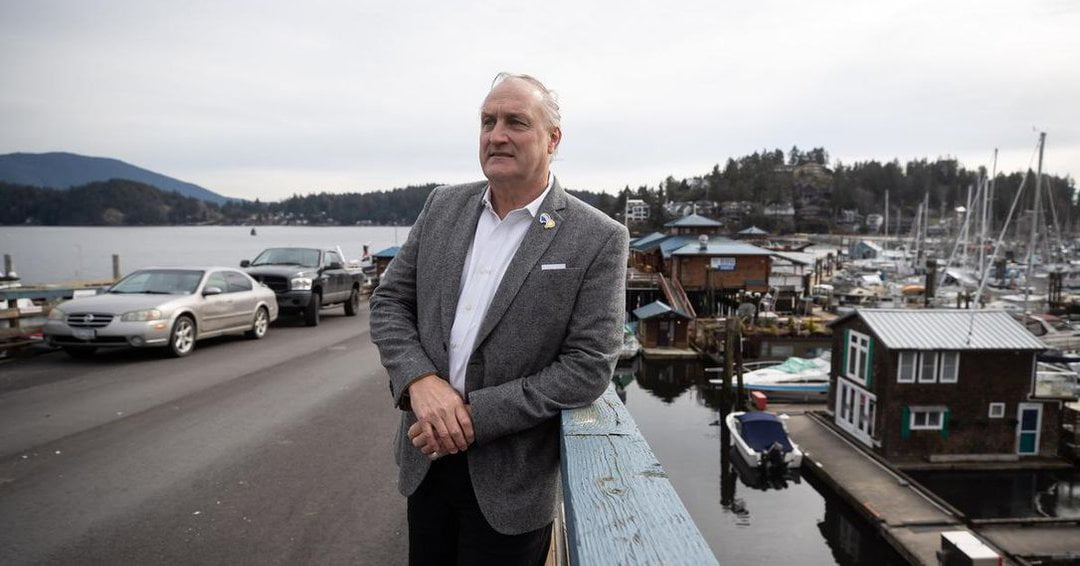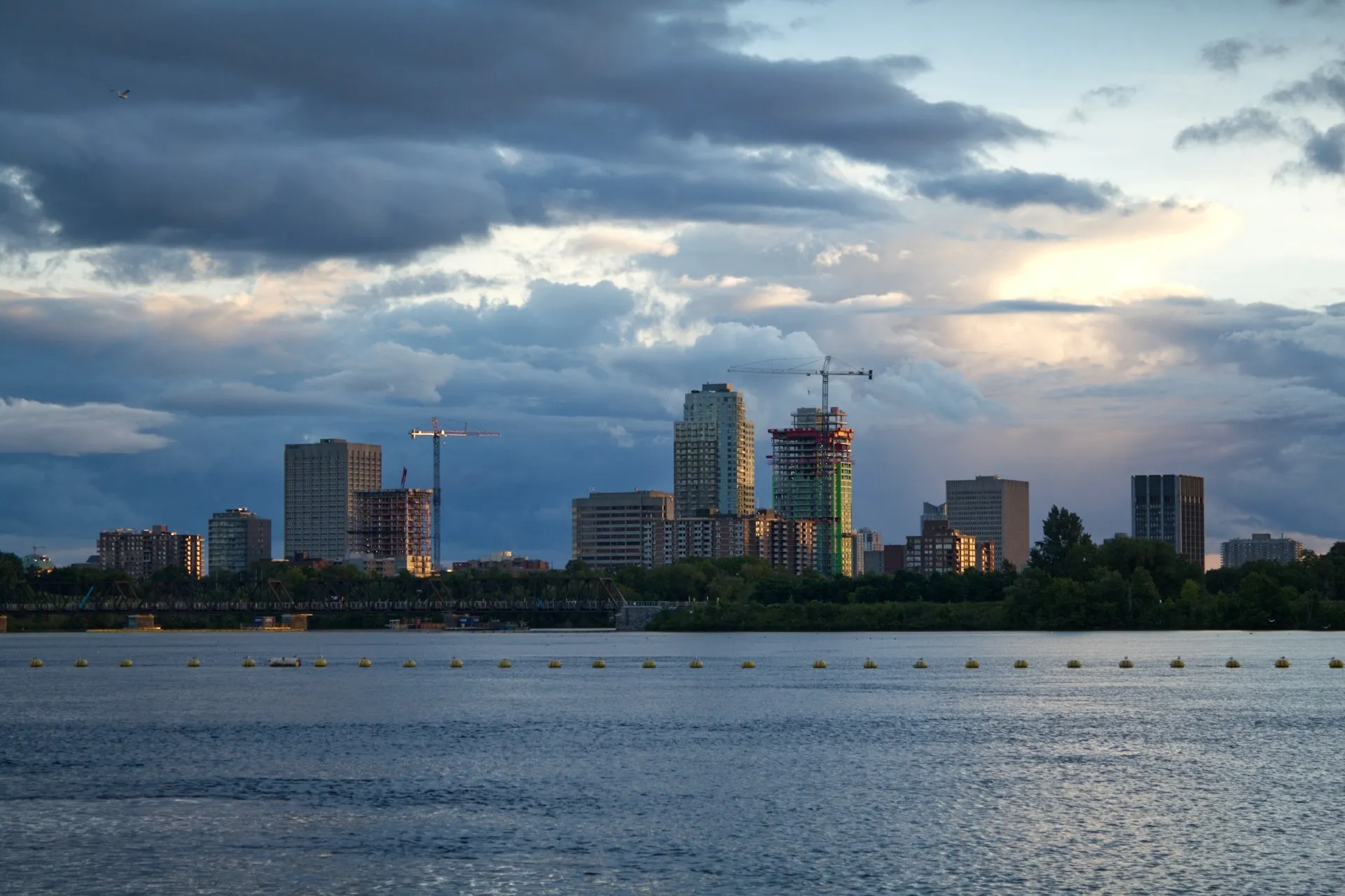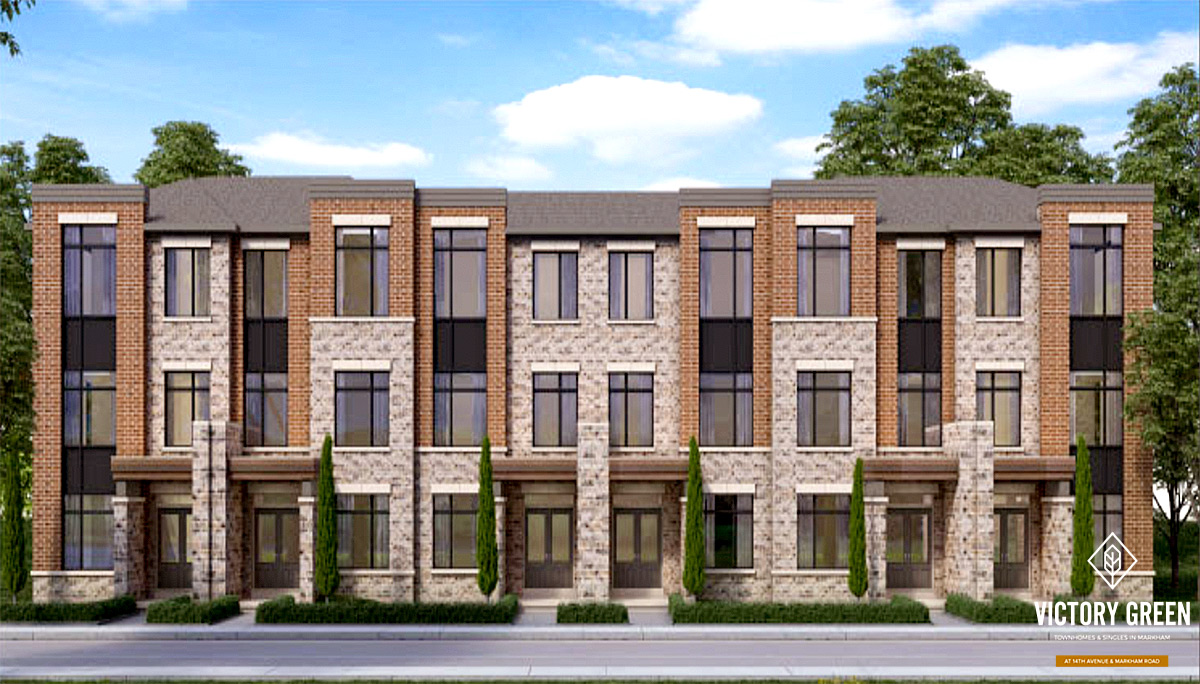
Toronto surpassing its the house-price insanity capital of Canada
Experts blame special taxes, the greenbelt, and even tsunami threats for Toronto property prices surpassing those of its coastal twin. Vancouver was the thunderdome of Canadian real estate for many years. The price spikes in Vancouver and the resulting societal problems were cited as the best example of what occurs when unaffordable housing costs strike a Canadian city. The Toronto property market had one cold comfort no matter how heated it got – home values soared 300 percent in three decades, adjusted for inflation. It wasn't the country's most costly city.
Until now. Toronto has surpassed Vancouver for the title of a most expensive city. It's a big responsibility. Vancouver has long drawn comparisons to Hong Kong and San Francisco's housing woes, as well as opposition from people who want the city's real estate market cooled. Some analysts believe that some of those steps have curbed prices, while Toronto has caught up to, and even surpassed, its Pacific sibling's jaw-dropping property prices for the first time in decades.
Some in Toronto are concerned about what this implies for their city, while others are perplexed as to how it got to this. A recent report from RBC Economics made it official: Toronto became the most expensive market in January, with the composite MLS benchmark price — meant to focus on properties with qualities “typical” in desired homes — hitting $1.260 million, compared to Vancouver’s $1.255 million. According to a late January analysis by TD Economics based on December numbers, prices in the GTA increased by 40% between 2018 and 2021. During the same period, Vancouver's climbed by just 13%. Supply, demand, and government rules, according to experts, are all factors in the shift.
In 2016, British Columbia enacted a foreign buyers levy, which is set at 20% in Vancouver. Among other things, the province charges a 2% transfer tax on homes valued more than $3 million. (In 2017, Ontario enacted a 15% "non-resident speculation tax," and the province and the city of Toronto both have land-transfer taxes.) Peter Milne, a Re/Max real estate agent who has worked in both markets since 1991, sees a need for peace of mind. From his home in Gibsons, B.C., a community a short drive and just a 50-minute ferry trip from Metro Vancouver, Milne told the Star, "Really what people are looking for is stability in their investment."
Climate disasters such as heat domes, smoke from forest fires, and flooding have wreaked havoc on Vancouver in recent years, while earthquakes and tsunamis have also been a concern. It's made people question how real estate will be affected in the long run, Milne said, adding that he believes this will cause consumers to avoid the Vancouver market in favour of Toronto property.
“I think Toronto, honestly, has a much more stable environment,” he said. “There’s a lot more discussion among younger, more intelligent buyers, about tsunamis and flooding from the Fraser River and what would happen if all the snow on the mountains melted.” Despite the lack of mountains in the GTA, Toronto Royal LePage real estate agent Simeon Papailias believes the greenbelt encircling Toronto generated an impact akin to Vancouver's mountains and ocean. According to Papailias, establishing a boundary for potential projects has reduced supply and increased the value of land in the GTA.
Papailias stated, "We've created a Vancouver in Ontario." Different zoning, he claims, might allow for more dwellings, alleviating Toronto's housing need. A dearth of listings is now driving up prices, as many are fearful of selling their houses and not being able to locate another. According to the Toronto Regional Real Estate Board, the average sale price of a property in Toronto in 1991 was $234,313.
“I spend most of my time on housing issues, because I think it will be fundamental for the kind of city that we’re building and growing,” Ana Bailão, one of Toronto’s deputy mayors said. Working-class individuals and young families, she believes, will be unable to live in the city in her worst-case scenario. She believes that such a situation would harm Toronto's capacity to recruit talent and investment from around the world, risking the city's future.
TD reports that while prices in Greater Vancouver have risen, new government initiatives have helped keep more outlandish hikes on the West Coast at bay. According to TD economist Rishi Sondhi's analysis, price hikes in Toronto were driven by fewer regulations and tighter markets, which were exacerbated by less responsive supply. “Government restrictions in the (Greater Vancouver Area) have been a big factor behind the narrowing gap in Vancouver and Toronto home prices in recent years,” Sondhi replied. According to the TD research, Vancouver had a four-percent pricing advantage in December, but Toronto pushed ahead in January.
Measures like the foreign buyers' tax, according to Sondhi, had an influence on pricing in Vancouver, which had the tax in place before Toronto. "They pulled off their ruse," Sondhi stated. "They slowed everything down." According to one analyst, another factor for Toronto's shrinking gap is its size. When the province issued its Housing Affordability Task Force report earlier this month, it gave us an insight into what's driving up property prices throughout the province. The analysis attributes some of the blame for high costs to a lack of housing in the province, estimating that 1.5 million more houses will be required over the next decade to solve the shortage.
People are being compelled to buy further away from the city, resulting in Toronto having the highest average travel time in North America - 96 minutes. More housing density across the province, eliminating restrictions blamed for delaying new housing, and providing financial support to towns developing more housing are among the five repeating "themes" identified in the research to help alleviate real estate issues. According to the Ontario study, fully or semi-detached dwellings now account for almost 70% of land allocated for housing in Toronto. According to Sondhi's TD research, supply is also a factor in Toronto's high costs.
While increasing supply is usually a good thing for cities, Hulchanski believes it is "illogical" to claim that it will assist with affordability. “No developer or groups of developers in a region is going to swamp the market,” he said. That would mean “they have to sell what they build for a lot less than they hoped for. They’re not going to do that.”
He believes that strong transparency requirements on who owns homes, as well as rigorous speculation taxes, can help to slow down Toronto's real estate market. Meanwhile, Bailo expects the public's worry over Toronto's housing costs to rise. She is quite concerned about the future of Toronto.“More and more people are talking about the impact of not being able to live and rent in our city,” she said. “Is that fair? What impact is that going to have on future generations?”









